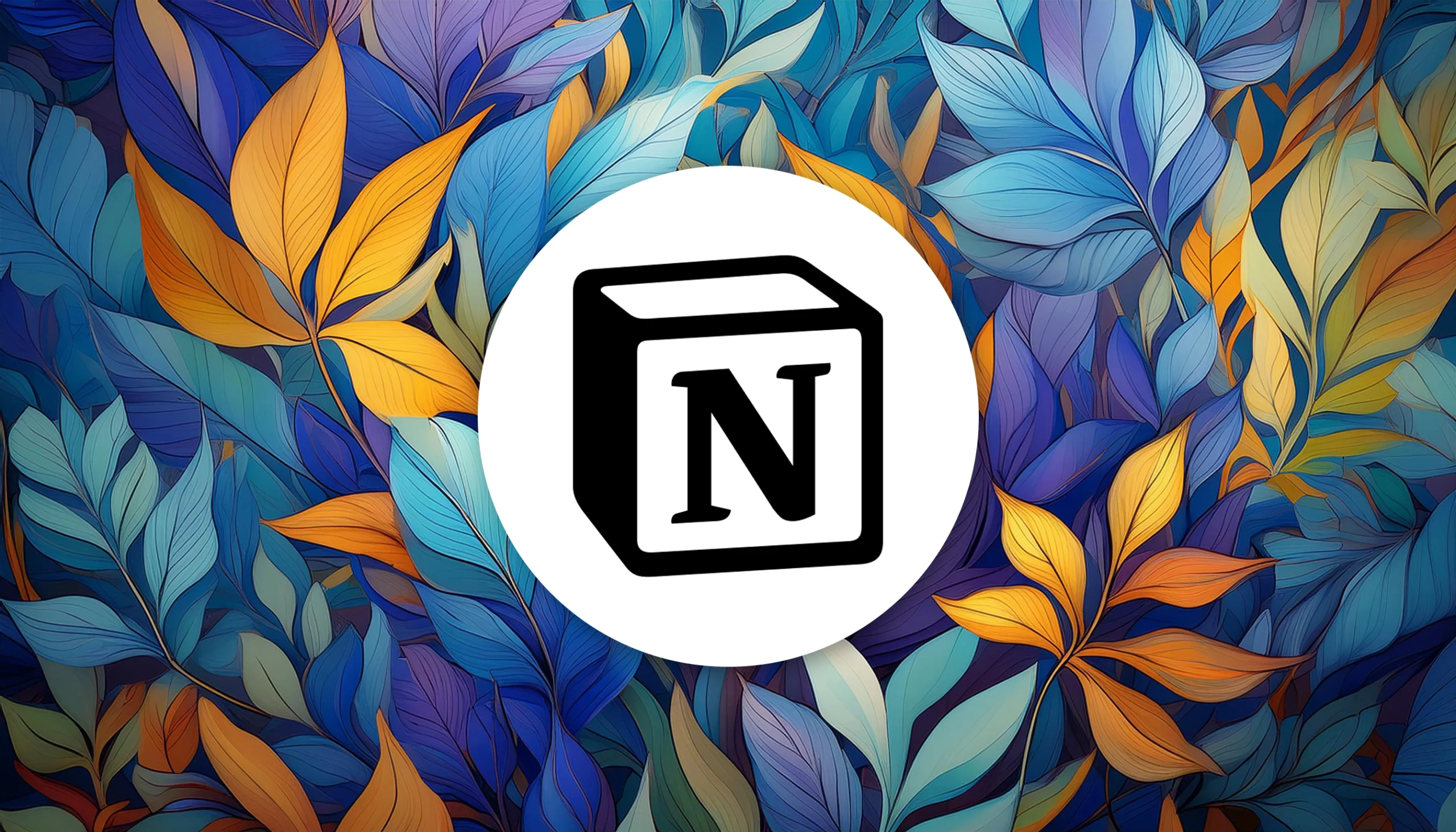Your cart is currently empty!
Content calendars are an essential tool for anyone consistently publishing content. They provide an editorial overview and help prioritize topics. This quick guide covers what you need to know and how they can help your efforts.
What is a Content Calendar?
A content calendar, or an editorial calendar, is a schedule of when and where you plan to publish upcoming content. It’s a strategic tool used by marketers, bloggers, businesses, and content creators to organize, plan, and manage content marketing efforts.
The calendar typically includes details such as the topic, format, the content’s creator, the publication channel, and deadlines. It can encompass various content forms, including blog posts, social media posts, email newsletters, videos, etc.
Why Are They Important?
Content calendars ensure a consistent and reliable content delivery schedule, which is fundamental in building and maintaining an audience.
- Ensuring Consistency and Quality: Aids in maintaining a regular content schedule, essential for audience retention and expectations.
- Strategic Planning and Alignment: Aligns content with broader goals, enhancing the effectiveness of efforts.
- Time and Resource Management: Facilitates efficient allocation of time and resources, preventing last-minute rushes and workload imbalances.
- Adapting to Trends and Events: Allows for timely and relevant content planning around seasonal themes, industry events, and trending topics.
Overall, they align your content production with your goals, fostering a more strategic approach to content creation.
Content Calendar Components
Content calendars help track important data. Here are some of the most common and useful elements:
| Category | Description |
|---|---|
| Content Titles/Topics | Titles or main topics of the scheduled content. |
| Status of Content | Indicates if the content is in planning, drafting, published, etc. |
| Assigned Responsibilities | Who is responsible for creating, editing, and publishing each piece of content. |
| Publication Dates | When the content is scheduled to go live. |
| Content Type/Format | Whether it’s a blog post, social media update, video, etc. |
| Platform/Channel | Where the content will be published (e.g., website, Instagram, YouTube). |
| Target Audience | The specific audience segment each content piece is intended for. |
| Content Goals/Objectives | What each piece of content aims to achieve (e.g., engagement, awareness). |
| Keywords/SEO Elements | Key phrases or SEO strategies being targeted. |
| Call to Action (CTA) | Specific action you want your audience to take after consuming the content. |
| Engagement Metrics | Expected or actual likes, shares, comments, etc. |
| References | Any external links or references included in the content. |
| Approval Status | Indicating if the content meets all regulatory and brand standards. |
| Budget/Costs | Any costs associated with creating or promoting the content. |
| Promotional Plans | Details on how the content will be promoted (e.g., paid ads, email marketing). |
| Content Collaborators/Partners | If applicable, any partners or collaborators involved in the content. |
| Feedback/Comments | Space for notes or feedback from team members or audience. |
| Historical Performance Data | Past performance metrics for similar types of content for reference. |
Use these as ideas for what data you want to manage in your calendar. You can track whatever you like, but remember that keeping it lighter will mean you have to manage less, easing maintenance. ?? Less can be more!
Top Tools for Content Calendars
There are many solutions for creating a content calendar. Here are our top recommendations:
- Notion: An all-in-one workspace that allows you to create databases, calendars, boards, and documents to plan and track content. Highly flexible and customizable.
- Airtable: A database-spreadsheet hybrid that offers calendar views and automation features. Intuitive to build customized workflows.
- Trello: A visual board-based system that allows you to create editorial calendars with cards representing content. Simple to manage at high-level.
- Google Sheets: Google’s popular spreadsheet software that’s easy to share with others. Better for spreadsheet planning than at-a-glance views.
- ClickUp: A flexible project management platform you can use to plan content. Offers assignable tasks, status tracking, scheduling, multiple views, etc.
- Asana: Another popular project management tool with calendar views to schedule content. Track progress and task assignments.
These tools serve different needs but offer different planning, scheduling, tracking, and customizability combinations for content calendars. Assess your team’s needs and workflows before deciding on a platform.
Best Practices for Content Calendars
Follow these tips to get the most from your calendars and content management:
- Regular Updates and Reviews: Consistently update and review your content calendar to reflect new ideas and strategy changes. Use tools like Zapier to integrate with your CMS and auto-update your entries!
- Balance Flexibility and Structure: Maintain a balance between sticking to your calendar and being flexible to incorporate timely topics or adjustments.
- Prioritize SEO: Integrate keyword research into your data to get instant insight into your SEO goals and expectations for the piece.
- Consistent Content: Ensure content aligns with your brand voice and messaging across platforms. This keeps communication efforts efficient and value-driven.
- Use Analytics to Guide Strategy: Regularly analyze content performance and use these insights to refine your strategy.
- Collaborative Efforts: Encourage team involvement in planning and use collaborative tools for better communication and idea generation.
Your calendar and best practices should evolve with your content and workflows. Adjust it when needed.
Bottom Line
A content calendar is a strategic asset that helps deliver consistent, focused content. A successful content calendar is both structured and adaptable to the changing needs of your audience and organization. ?
Topics






